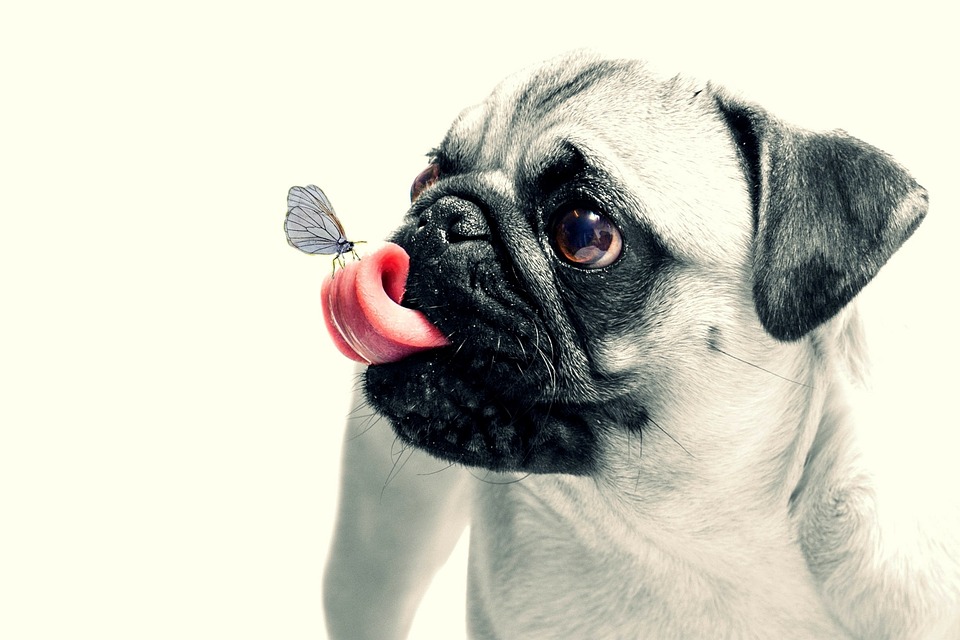Helping Your Dog Kick the Licking Habit
Excessive licking is a common behavior among dogs that can be caused by a variety of factors, including anxiety, boredom, or even medical conditions. While licking is a natural instinct for dogs, it can become a problem if it becomes excessive or harmful. In this article, we will explore five effective ways to discourage excessive licking behavior in dogs and help them lead healthier, happier lives.
1. Identify the Underlying Cause
Before trying to discourage excessive licking behavior, it’s essential to identify the underlying cause. Licking can be a symptom of various issues, such as allergies, skin infections, or even separation anxiety. Consult with a veterinarian to rule out any medical conditions that may be triggering the excessive licking. Once you’ve identified the cause, you can take appropriate steps to address it.
2. Provide Mental and Physical Stimulation
One of the most common reasons dogs engage in excessive licking is boredom. Providing your furry friend with mental and physical stimulation can help redirect their licking behavior. Regular exercise and playtime, interactive toys, and puzzle games can keep your dog mentally engaged and physically tired. Engaging your dog in training sessions and teaching them new tricks can also provide mental stimulation and distract them from licking.
3. Introduce Distractions and Alternatives
When you notice your dog starting to engage in excessive licking, it’s crucial to redirect their attention to more appropriate behaviors. Introduce distractions such as chew toys, treat-dispensing puzzles, or frozen treats to keep your dog occupied. Offering an alternative behavior, like chewing on a toy or playing fetch, can help break the licking habit. Be consistent and reward your dog for choosing the alternative behavior instead of licking.
4. Address Anxiety and Stress
Anxiety and stress can trigger excessive licking in dogs. If you suspect your dog’s licking behavior is related to anxiety, it’s crucial to address the underlying cause. Create a calm and safe environment for your dog, establish a routine, and provide them with a comfortable space where they can retreat when feeling anxious. Consider using calming aids such as pheromone diffusers or anxiety wraps, and consult with a professional dog trainer or behaviorist for additional guidance.
5. Use Taste Deterrents and Protective Measures
If your dog’s excessive licking is causing harm, such as skin irritation or wounds, it may be necessary to use taste deterrents or protective measures. Apply a bitter-tasting spray or cream to the areas your dog frequently licks to discourage them from continuing the behavior. Alternatively, you can use protective measures like lightweight breathable clothing or a cone to prevent access to the affected areas. Always ensure the deterrents or protective measures are safe and comfortable for your dog.
FAQs About Discouraging Excessive Licking Behavior in Dogs
Q: Is it normal for dogs to lick themselves?
A: Yes, licking is a natural behavior for dogs and serves various purposes, such as grooming, cooling themselves, or showing affection. However, excessive licking can be a sign of an underlying issue.
Q: How can I tell if my dog’s licking is excessive?
A: Excessive licking is typically characterized by excessively frequent or prolonged licking that causes harm to the dog’s skin or fur. If you notice redness, irritation, or wounds on your dog’s skin, it’s a sign that the licking is excessive.
Q: Can anxiety cause excessive licking in dogs?
A: Yes, anxiety and stress can trigger excessive licking in dogs. Identifying and addressing the underlying anxiety is crucial to discourage the excessive licking behavior.
Q: Should I punish my dog for excessive licking?
A: No, punishing your dog for excessive licking is not recommended. It can increase their anxiety and stress levels, potentially exacerbating the licking behavior. Instead, focus on redirecting their attention and rewarding alternative behaviors.
Q: When should I seek professional help for my dog’s excessive licking?
A: If your dog’s excessive licking persists despite your efforts to discourage it, or if it is accompanied by other concerning symptoms, it’s recommended to seek professional help from a veterinarian or a professional dog trainer/behaviorist. They can help determine the underlying cause and provide appropriate guidance.
By implementing these effective techniques and understanding the underlying causes of excessive licking behavior in dogs, you can help your furry friend overcome this habit and lead a healthier, happier life. Remember, patience, consistency, and seeking professional help when needed are key to successfully discouraging excessive licking behavior.









